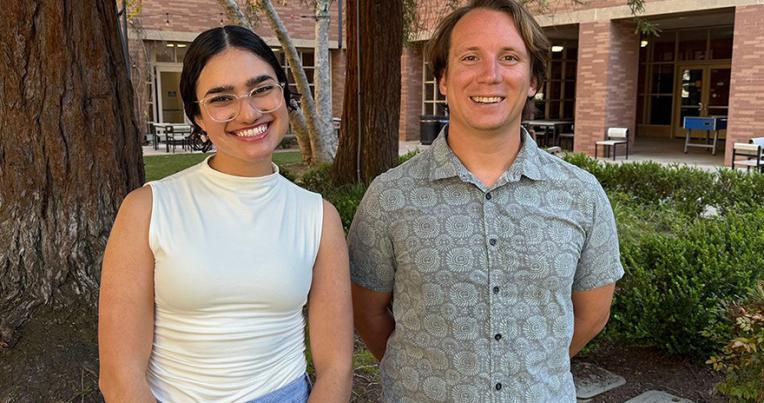Simulations
More than two dozen simulation courses at UCLA Law equip students with the skills and knowledge they need to make reasoned strategic judgments and to execute decisions professionally and competently. The Experiential Education Program at UCLA Law is built upon a skills-based curriculum that centers important lawyering processes and cuts across substantive law areas. In these courses, students examine the processes of interviewing and counseling, negotiation, drafting, public policy advocacy, fact investigation, deposition questioning strategies, and trial techniques. Virtually no other law school offers the breadth and depth of the simulation curriculum found at UCLA Law.
Litigation & Trial Advocacy
Simulation courses in litigation and trial advocacy train students in pretrial civil litigation, depositions and discovery, evidentiary objections, and civil and criminal trial advocacy. UCLA Law students who complete a sequenced, rigorous program of training through trial advocacy coursework may be eligible to receive the Cappello Certificate in Trial Advocacy at graduation.
Advanced Evidence Objections & Arguments
Negotiation & Dispute Resolution
Simulation courses in negotiation and dispute resolution help students understand and apply devices, procedures, and techniques that help resolve legal matters outside of traditional courtroom processes.
Transactional & Regulatory Practice
Simulation courses in transactional and regulatory practice are taught by leading experts in corporate, business, and regulatory law. UCLA Law students can learn the basics through transactional skills or contract drafting; other courses offer advanced opportunities to shepherd a hypothetical start-up through its seed funding stage or simulate an internal corporate investigation.
Environmental Aspects of Business Transactions
